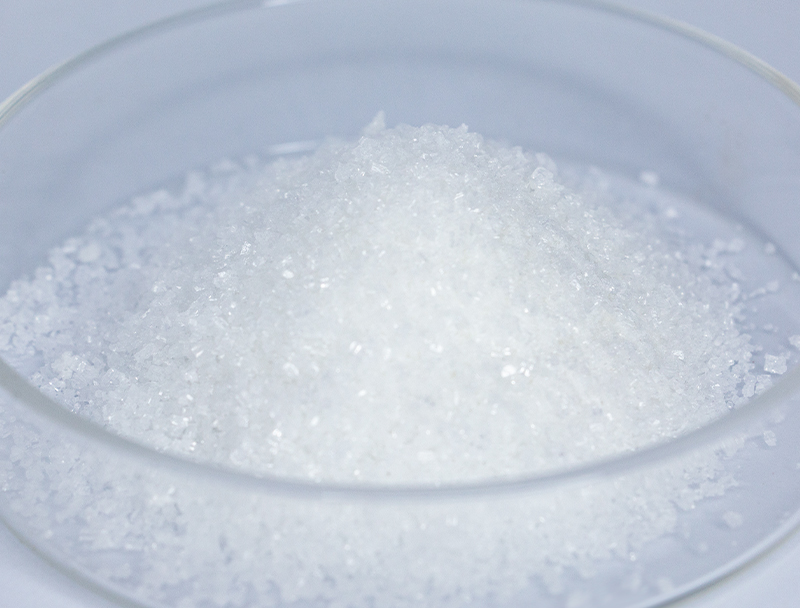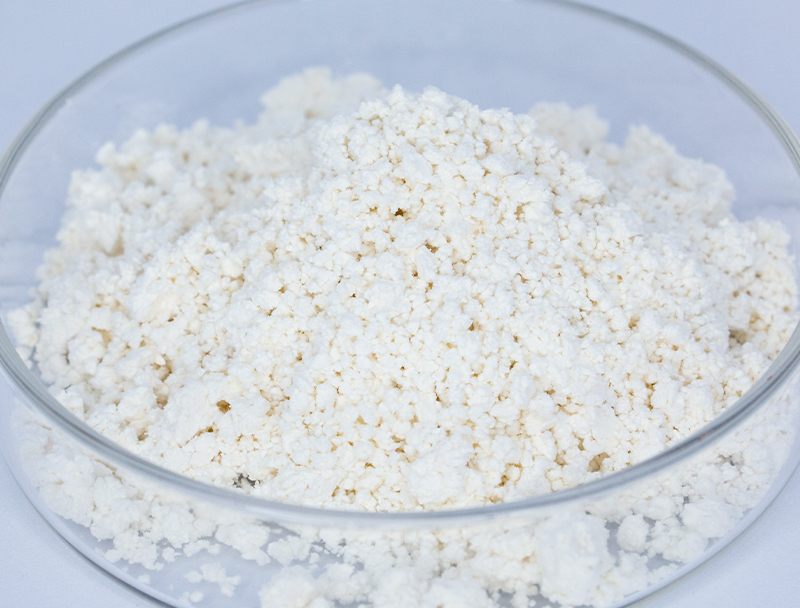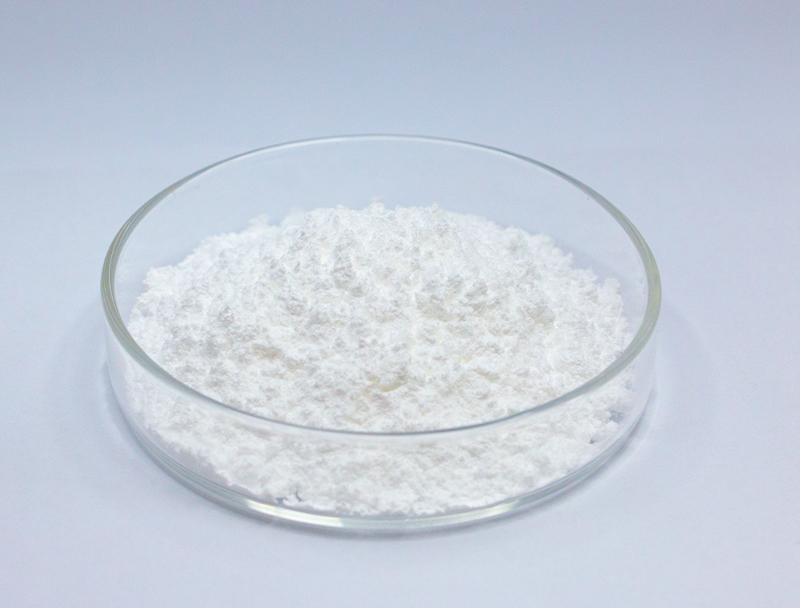
Biomanufacturing relies heavily on a comprehensive selection of primary inputs to manufacture advanced biological products.
Guaranteeing the sustainable sourcing of these resources is paramount for the long-term viability and ethical growth of the industry.
many concerns related to standard raw input procurement including environmental degradation and exploitation of natural resources. Therefore, biomanufacturing companies must actively seek out alternative sourcing strategies to minimize their ecological footprint.
- Situations demonstrating ethical sourcing encompass:
- Employing waste-stream inputs from industry leftovers
- Establishing regenerative loops to cut waste and elevate material utilization
- Collaborating with regional vendors focused on fair procurement
Such a move to ethical procurement delivers ecological gains and commercial returns over time.
Optimizing Biomass Feedstocks for Enhanced Biofuel Production
Increasing biofuel conversion efficiency is tied to feedstock composition and condition. Technologists actively pursue refinements to increase feedstock efficiency, creating higher productivity and an eco-friendlier fuel landscape. Programs combine genetic improvement for biomass productivity with conversion technologies to access fermentable substrates.
- Additionally, researchers are focusing on identifying new sources of biomass, such as algae, waste products, agricultural residues, to expand the range of sustainable feedstocks available for biofuel production.
- Because of continual endeavors biofuel technology is set to attain meaningful progress that supports renewable energy growth.

Biopharmaceutical Production: Innovations in Upstream Processes
involves foundational activities from cultivation to biomass harvest Current advancements have streamlined operations and improved bioproduct yields.
Pivotal enhancements embrace high-performance cell lines, balanced media compositions, and intelligent reactor control systems. These strategies improve manufacturing efficiency and lessen cost and ecological effects.
- Likewise, the move to continuous systems facilitates better adaptability and streamlined upstream production.
- Implementing cutting-edge manufacturing technologies will probably redefine workflows and accelerate innovation.

Molecular Editing Strategies to Increase Bioproduct Output
developments in targeted genetic engineering methodologies have modernized drug manufacturing. Via deliberate gene edits, teams amplify protein expression for higher yields. The strategy paves the way toward accessible, high-yield therapeutics across disease spectra.
Microbial Approaches to Effective Bioremediation
novel biological remediation techniques leveraging microbial metabolisms for pollution control. Microorganisms possess the remarkable ability to degrade and transform harmful pollutants into less toxic substances.. By harnessing this natural potential, we can develop environmentally friendly strategies for cleaning up contaminated sites and mitigating the negative impacts of industrial activities.. Researchers screen diverse microbial taxa for metabolic pathways suited to remove heavy metals, pesticide residues, and hydrocarbon contamination.. Organisms may be utilized in controlled reactors or in place to accelerate contaminant decomposition through biodegradation..
Biological remediation using microbes yields meaningful benefits compared to conventional strategies. Such strategies are budget-friendly and lessen the creation of harmful byproducts. Moreover, microbes can be tailored to address specific pollutants with minimal impact on non-target organisms. Research efforts persist to upgrade the potency and implementation of microbial remediation strategies.
Bioinformatics' Impact on Drug Design
Advanced informatics contributes significantly to today’s drug research environment. From predictive screening to lead refinement, computational biology underpins more efficient drug pipelines.
- By analyzing vast datasets of genomic, proteomic, and clinical data, bioinformaticians can uncover novel drug targets and predict the activity of potential therapeutics.
- Furthermore, computational modeling of drug–target interactions aids rational design of higher-performing therapeutics.
- Ultimately, informatics is transforming R&D and shortening timelines to deliver safe, efficacious therapies to patients.
Optimizing Metabolism to Increase Bioproduct Production
implements many strategies to improve microbial output of desired bioproducts. Strategies involve pathway refactoring by genetic modification, expression modulation for balanced flux, and grafting of novel genes to add capacity.. By fine-tuning these processes, engineers can significantly increase the yield of desired bioproducts.
The multifaceted strategy promises to reshape sectors like biotech, agritech, and renewable fuel industries.

Scale-Up Challenges and Prospects for Biopharmaceuticals
Expanding production volumes poses difficult barriers yet offers substantial opportunities. Retaining quality standards during scale enlargement is β-Nicotinamide Mononucleotide a core difficulty. Meeting the need calls for dependable control systems, granular monitoring, and cutting-edge analytical methods.

Process intricacy spanning various stages creates significant scale-up complexities.. Transforming bench processes into industrial practice requires sustained research and engineering innovation. Nonetheless, the advantages can be major. Efficient scale-up can amplify access to medicines, compress costs, and strengthen returns.
Numerous initiatives aim to tackle these scaling challenges. Approaches include cutting-edge process optimization tech, comprehensive analytics for control, and disruptive manufacturing designs.
- R&D initiatives significantly drive enhancements in manufacturing capacity.
- Regulatory frameworks are being optimized to accommodate novel production technologies and promote innovation.
Mapping the Compliance Environment for Safe Therapeutic Development
Advancing biopharmaceuticals involves heavy regulatory scrutiny to secure product safety and proven efficacy. Therapies derived from biological organisms carry special considerations not typical of conventional pharmaceuticals.
Regulatory authorities including FDA and EMA are central to creating criteria and processes for approving innovative biologics..
Meticulous validation protocols are enforced from preclinical validation to long-term post-market evaluation.. These measures aim to identify potential risks and guarantee that biopharmaceuticals meet the highest levels of safety..
Additionally, regulators regularly update methods to match the pace of fast-moving biopharma innovations.. Actions include accepting new technologies and streamlining development channels while safeguarding patient health.

Exploring the Potential of Plant-Based Biomass Feedstocks in Bioplastics
Heightened demand for sustainable products accelerates efforts to develop renewable material alternatives. Plant-based bioplastics made from biomass feedstocks present a hopeful path to reduced plastic impact. Sources like cornstarch, cellulose fibers, and sugarcane biomass can transform into compostable plastics that decompose and reduce pollution.
Also, many renewable bioplastics exhibit comparable mechanical and functional traits to conventional plastics across applications.. Sustained research efforts are necessary to optimize plant feedstocks for mass bioplastic production and enable circularity.
This Emerging Impact on Public Health and Food Systems
Biotechnology has emerged as a powerful tool with the potential to revolutionize global health and address food security challenges. Using genome engineering, synthetic biology techniques, and cell-based treatments, innovators devise ways to tackle pathogens, amplify yields, and improve nutrition.. For instance, genetically modified crops can be engineered to resist pests and environmental stresses, leading to increased agricultural production and reduced reliance on harmful pesticides.. Likewise, biotechnology enables new vaccines, novel therapeutics, and improved diagnostics essential to global disease mitigation and better health.. As the field evolves, biotechnology is expected to play a pivotal role in shaping a healthier and environmentally sustainable future for all.
